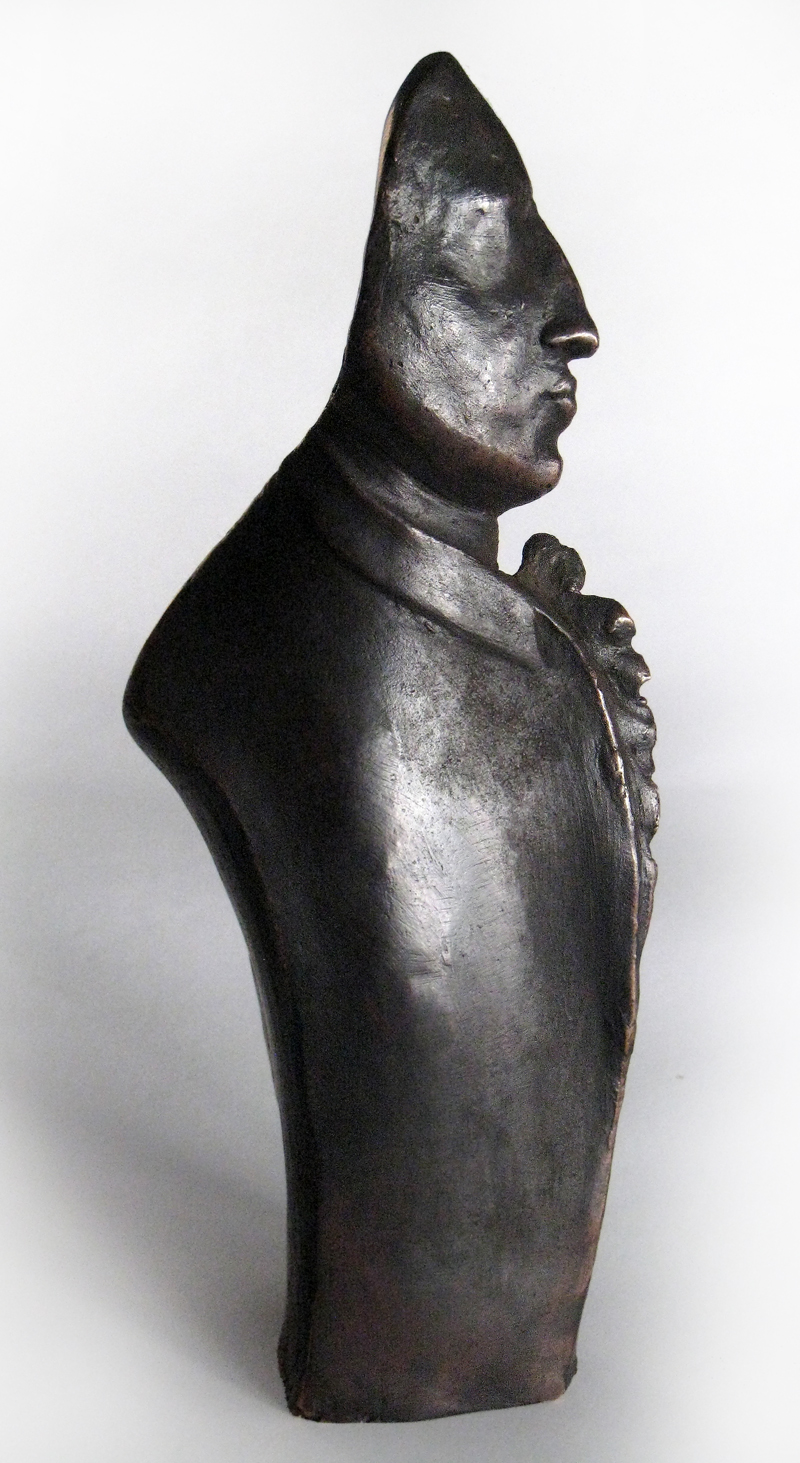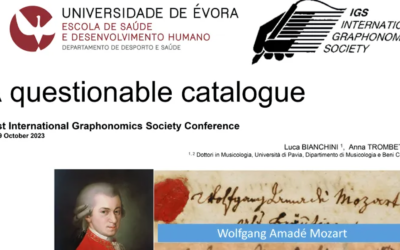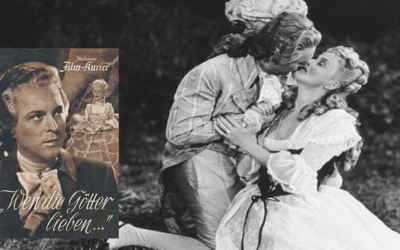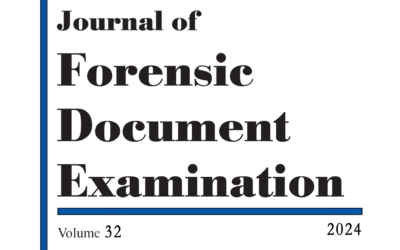International Traetta Award
After a 12-year hiatus, the award returns to Italy!
The Traetta Society is delighted to announce that this year’s 14th International Traetta Award (Traetta Award) has been presented to Anna Trombetta and Luca Bianchini.
Mozart: The Fall of the Gods
This book offers a fresh and critical look at the life of Wolfgang Amadeus Mozart, challenging the myths that have surrounded him for centuries. We strip away the romanticised image of the “natural genius” and delve into the contradictions within Mozart’s extensive biographies. Backed by nearly 2,000 meticulously sourced citations, this work invites readers to explore a deeper, more complex understanding of Mozart. Perfect for those who wish to question the traditional narrative, this biography is a must-read for serious music lovers and historians.
"Leopold Mozart was the real composer behind many of Wolfgang and Nannerl’s early works, shaping their success while crafting his own legacy."
Mozart: The Fall of the Gods
They are being recognised for their “passion in musicological research on primary sources of the European musical repertoire, with significant contributions to the redefinition of 18th-century music historiography.”
The Traetta Prize (Italian: Premio Traetta) is an award assigned by the Traetta Society in recognition of achievements in the rediscovery of the roots of European music. The prize, conceived and promoted by the architect Gianfranco Spada, owes its name to the composer Tommaso Traetta (1727–1779) and is awarded each year during the Traetta Week, a festival dedicated to the composer that takes place during the eight days between the day of his birth to that of his death. (30 March – 6 April)
Traetta was one of the main composers of the Neapolitan School, who despite the huge success in life for his compositions has been unjustly unrecognised, along with other composers of the time, for his contribution to classical music by the music historiography of German origin, who founded the basics of classical music mostly on Germanic authors.

The objective of the Prize is to reward people who have committed themselves in expanding the knowledge of the musical production of the eighteenth century. The Prize borrows the name of Traetta as a symbol of a large list of composers unjustly forgotten such as Leonardo Vinci, Pasquale Anfossi, Antonio Sacchini, Nicola Vaccai, Leonardo Leo, Domenico Cimarosa or Vicente Martín y Soler among others.
You May Also Like
K.143: A Recitative and Aria in the Shadows of Doubt
K.143 is a prime example of how Mozart scholarship has turned uncertainty into myth. With no definitive evidence of authorship, date, or purpose, this uninspired recitative and aria in G major likely originated elsewhere. Is it time to admit this is not Mozart’s work at all?
The Enigma of Mozart’s Symphony K.73
The Symphony in C Major K.73 has long puzzled Mozart scholars. Touted as a youthful work of prodigious talent, its origins are murky at best. The title “Symphony,” inscribed on the first page of the autograph, is devoid of the composer’s name, casting immediate doubt on its attribution to Wolfgang Amadeus Mozart. Was this truly his work, or is the Symphony yet another victim of overzealous attribution?
Mozart’s Thematic Catalogue Exposed as a Forgery
A groundbreaking forensic analysis reveals that Mozart’s thematic catalogue, long thought to be his own work, is a posthumous forgery. This discovery, detailed in Mozart: The Construction of a Genius, turns centuries of Mozart scholarship on its head, demanding a re-examination of his legacy.
Bologna Connections
Quirino Gasparini’s rediscovered Mitridate aria takes centre stage in Bern and Basel, shedding light on Mozart’s reliance on this forgotten composer.
A Legacy Rewritten by the Shadows of History
Mozart’s image, often regarded as a universal symbol of musical genius, was heavily manipulated by the Nazi regime, a fact largely ignored in post-war efforts to “denazify” German culture. From propaganda-driven films to anti-Semitic narratives, Mozart’s legacy is far more complex and troubling than we are often led to believe.
Unveiling the Truth Behind Mozart’s Thematic Catalogue
Anna Trombetta, Professor Martin W. B. Jarvis from Charles Darwin University, and Luca Bianchini, have published a peer-reviewed article titled Unveiling a New Sophisticated Ink Analysis Technique, and Digital Image Processing: A Forensic Examination of Mozart’s Thematic Catalogue. This research, which underwent an extensive double-blind peer review, has appeared in a journal that serves as a global reference point for forensic document examiners and court specialists.







